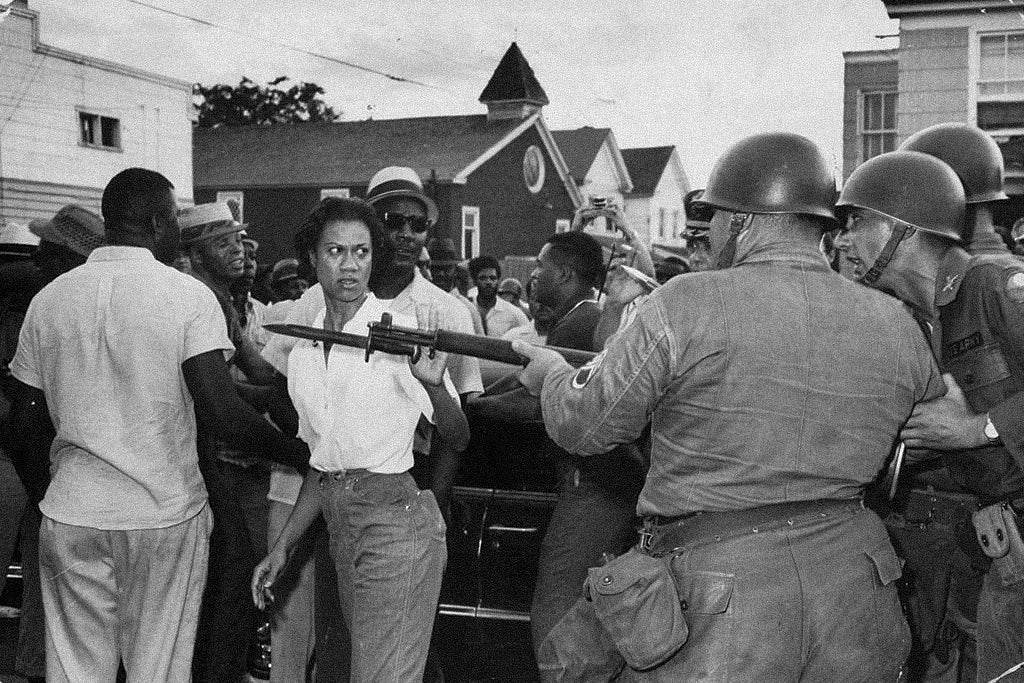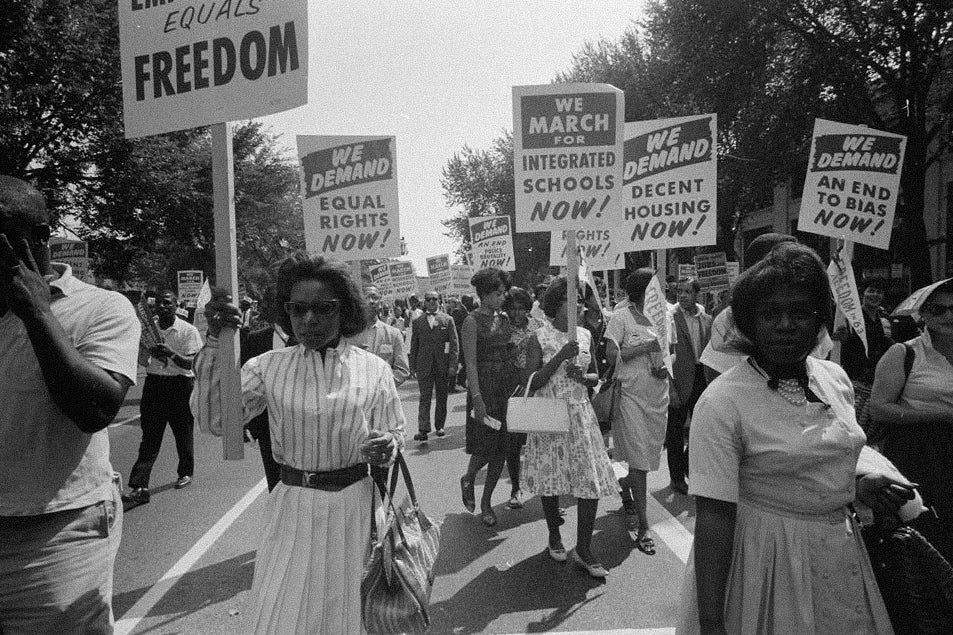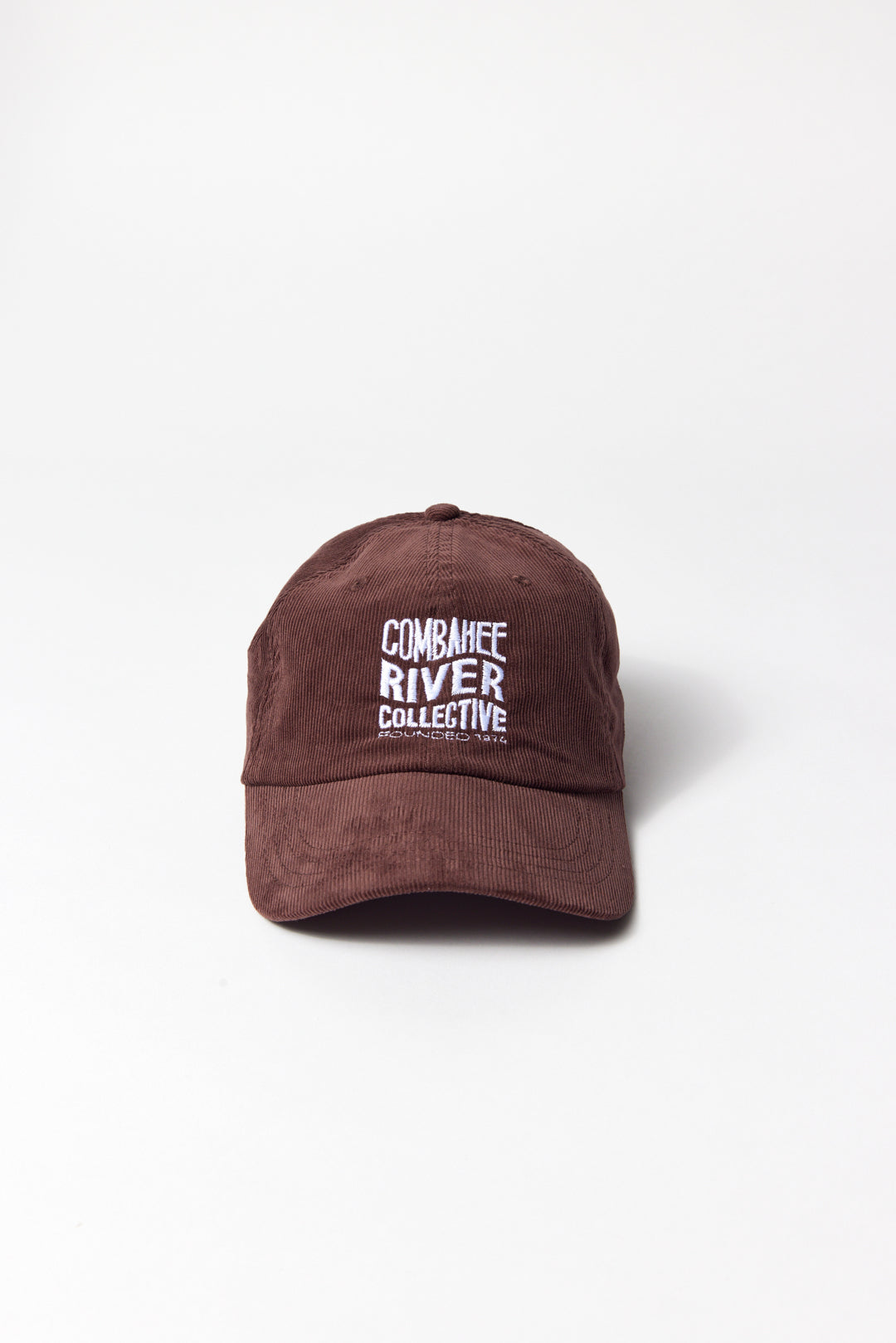At Philadelphia Printworks, we believe that clothing can be a powerful tool for advocacy and education. Our apparel serves as a canvas for important messages, sparking conversations and inspiring change. In our unwavering commitment to furthering social justice causes, we've curated this hub to offer you a diverse range of resources, empowering you to be informed, inspired, and an active participant in the pursuit of a more just and equitable world. Explore these carefully selected materials, from thought-provoking articles to educational guides, and join us on our journey to promote dialogue, understanding, and social progress.
Learning tools
Educational Resources

Black Feminist Perspectives on Palestine: A Reading List
A reading list by Black Women Radicals that offers a brief primer on the radical Black feminist political mandate, which is solidarity with Palestine.
Fact Sheet: Abolishing the Electoral College
Source: Philadelphia Printworks
The Electoral College, established in the U.S. Constitution, is the system by which the United States elects its President. However, it has been a subject of debate and criticism for decades. Advocates for its abolition argue that it is an outdated and undemocratic institution that distorts the will of the people. Here are key reasons to support the abolition of the Electoral College:
1. Undermines the Principle of One Person, One Vote:
- The Electoral College allocates electoral votes based on state population, but this formula can lead to unequal representation.
- Smaller states are overrepresented, as they receive more electoral votes per capita than larger states, violating the principle of equal representation.
2. Winner-Takes-All System Disenfranchises Millions:
- In 48 out of 50 states, the winner of the popular vote receives all of that state's electoral votes.
- This system often results in millions of votes for the losing candidate being effectively discarded, leaving many citizens feeling unheard.
3. Swing States Dominate Campaigns:
- Presidential campaigns focus disproportionately on "swing states" where the outcome is uncertain.
- This leaves citizens in solidly "red" or "blue" states feeling neglected, as candidates don't need to court their votes.
4. Encourages Voter Apathy:
- In non-competitive states, where the outcome is virtually guaranteed for one party, voters may feel discouraged and less motivated to participate.
- Abolishing the Electoral College could promote greater voter engagement and turnout.
5. Has Led to Controversial Outcomes:
- The Electoral College has resulted in the election of Presidents who did not win the popular vote, such as in 2000 and 2016.
- These outcomes can undermine the legitimacy of the presidency and the public's faith in the electoral process.
6. The National Popular Vote Interstate Compact:
- Several states have taken steps to reform the Electoral College through the National Popular Vote Interstate Compact.
- Under this compact, participating states pledge their electoral votes to the winner of the national popular vote, effectively bypassing the Electoral College without a constitutional amendment.
7. Abolition Promotes Equality and Fairness:
- Abolishing the Electoral College would create a more equitable and democratic system where every vote counts equally.
- It would encourage candidates to appeal to a broader range of voters, ensuring that the President represents the will of the majority.
8. Public Support for Reform:
- Polls consistently show that a majority of Americans support reforming or replacing the Electoral College.
- This includes both Democrats and Republicans, indicating bipartisan interest in change.
The Electoral College, with its winner-takes-all approach and inherent biases, is an obstacle to a fair and truly democratic election process. Abolishing it would strengthen the principle of one person, one vote, and ensure that every citizen's voice is heard and valued. Advocates for electoral reform believe that a more equitable and representative system is not only possible but essential for the health of American democracy.
Abolishing the Electoral College is a significant step towards a more inclusive and responsive democracy, where the presidency is determined solely by the will of the people, as expressed through their votes.
Infographics: Censorship by the Numbers
"The who, what, where, and why of censorship. Download and share our Censorship by the Numbers graphics to spread the word about challenges to library and school materials and services." — American Library Association
Visit their site for graphics and activities.
Downloads
Advocacy tools
Community Support

Action Toolkit: Stop the Genocide in Gaza! Ceasefire Now!
"It is critical in this moment to bring attention to U.S. government’s role in aiding apartheid and war crimes, with Israel as its largest recipient of foreign assistance at $3.8 Billion a year and totals more than $260 Billion. With this aid, Palestinians in the occupied Palestinian Territory (West Bank, including East Jerusalem and Gaza) are living under military occupation with profound restrictions on freedom of movement. " — The Rising Majority, M4BL
Get involved
Action Toolkit: Unite Against Banned Books
"A small but vocal group is driving the current flood of book bans in school and public libraries across the country. It's important to counter those voices by uniting in support of the freedom to read in your local community. How can you and your community unite against book bans? We've put together this action toolkit to help you get started." — Unite Against Banned Books
Visit their site for talking points, help finding decision makers, and tips for writing a letter to the editor.
Action Toolkit
Organizing Toolkit: The Black and Palestinian Solidarity Organizing Toolkit
A resource from The Dream Defenders. — Download Now
Resource List: Get Involved in the Fight Against Banned Books
If you're passionate about defending the right to read, here are some resources and organizations where you can get involved:
1. American Library Association (ALA):
- Website: [www.ala.org](http://www.ala.org)
- The ALA is a leading advocate for intellectual freedom and the promotion of libraries as essential institutions for free speech.
- Explore their resources, including toolkits and guidelines for dealing with book challenges in libraries and schools.
2. National Coalition Against Censorship (NCAC):
- Website: [ncac.org](http://ncac.org)
- The NCAC is dedicated to defending free expression and the right to read, watch, and listen to diverse ideas.
- Get involved through advocacy campaigns, resources for educators, and support for artists facing censorship.
3. PEN America:
- Website: [pen.org](http://pen.org)
- PEN America is an organization that champions the freedom to write, read, and express ideas.
- Explore their initiatives, reports, and events focused on free expression and combating censorship.
4. Comic Book Legal Defense Fund (CBLDF):
- Website: [cbldf.org](http://cbldf.org)
- The CBLDF protects the freedom to read comics and graphic novels.
- Support their efforts by becoming a member, donating, or participating in their events.
5. National Council of Teachers of English (NCTE):
- Website: [ncte.org](http://ncte.org)
- NCTE supports educators in fostering a love of reading and learning.
- Access resources like discussion guides and lesson plans to address banned or challenged books in the classroom.
6. Online Communities:
- Join online communities, forums, or social media groups dedicated to discussing banned books and censorship issues.
- Engage in conversations, share your experiences, and stay updated on current challenges.
7. Local Libraries and Bookstores:
- Connect with your local library or bookstore to see if they have programs, discussions, or events related to Banned Books Week.
- Attend and support these initiatives to demonstrate your commitment to free expression.
8. Book Clubs and Reading Groups:
- Start or join a book club that focuses on banned or challenged books.
- Discuss these books to raise awareness about censorship and its impact on literature.
9. Volunteer:
- Look for opportunities to volunteer with organizations that promote literacy, intellectual freedom, and access to books for all.
- Offer your time and skills to support their missions.
10. Donate:
- Consider making a financial contribution to organizations that fight against censorship and support the right to read.
- Your donation can help fund advocacy, legal support, and educational programs.
11. Stay Informed:
- Keep yourself informed about current censorship challenges and issues.
- Read books that have been banned or challenged, and encourage others to do the same.
12. Advocate for Change:
- Write to your local representatives and school boards to express your concerns about book challenges and censorship.
- Advocate for policies that protect intellectual freedom.
Remember that the fight against banned books is an ongoing effort that requires collective action. By participating in these resources and organizations, you can contribute to a world where diverse voices and ideas are celebrated and protected.
Against Censorship: Talking Points for School and Library Board Meetings
Source: Libraries for the People
Showing up to your library board, city council, or local governmental meetings is essential in defending and protecting public libraries and our right to read.
Not sure what to say? Download and print this helpful guide to make the most of your allotted time to speak.
Support The Trans Empowerment Project inTRANSitions Program!
The inTransition Program from the Trans Empowerment Project actively and compassionately supports our trans community in a variety of crucial ways.
Here's how the inTransition Program supports the trans community: Emergency Food and Toiletries Packages: No one should go hungry. TEP provides grocery orders through Instacart, Shipt, or Hello Fresh, ensuring that our community members have access to nourishing meals and basic essentials.
Emergency Food and Toiletries Packages: No one should go hungry. TEP provides grocery orders through Instacart, Shipt, or Hello Fresh, ensuring that our community members have access to nourishing meals and basic essentials. Gender-Affirming Clothing Packages: Self-expression is fundamental. From style preferences to gender-affirming garments like binders and STPs, we aim to help individuals feel comfortable and confident in their skin.
Gender-Affirming Clothing Packages: Self-expression is fundamental. From style preferences to gender-affirming garments like binders and STPs, we aim to help individuals feel comfortable and confident in their skin. HRT Assistance: Hormone Replacement Therapy is essential for many in their transition journey. We support this by ensuring prescriptions are both accessible and affordable.
HRT Assistance: Hormone Replacement Therapy is essential for many in their transition journey. We support this by ensuring prescriptions are both accessible and affordable. Employment Assistance through Trans Employment Project: Dignified work is a right. Our dedicated initiative not only helps TIGE individuals find affirming employment but also offers vital DEI training for employers to create inclusive workplaces.
Employment Assistance through Trans Employment Project: Dignified work is a right. Our dedicated initiative not only helps TIGE individuals find affirming employment but also offers vital DEI training for employers to create inclusive workplaces. Inmate Services through Inmate Advocacy Project: Everyone deserves care and compassion. We offer commissary assistance, gender-affirming clothing, and a pen pal project to support Trans* inmates.
Inmate Services through Inmate Advocacy Project: Everyone deserves care and compassion. We offer commissary assistance, gender-affirming clothing, and a pen pal project to support Trans* inmates. Emergency Transport: Safety is paramount. For those in critical situations, we're there to ensure safe transportation to a secure environment.
Emergency Transport: Safety is paramount. For those in critical situations, we're there to ensure safe transportation to a secure environment.
How can you help?
Your donation – whether $5 or $500 – can make a significant impact. Every penny goes directly towards ensuring that the trans community has the resources and support they need.
Donate Now
Our commitment to knowledge-sharing: We strive to keep this resource hub current and comprehensive. If you have a valuable resource that you believe should be featured here, we welcome your contributions. Please send an email to info@philadelphiaprintworks.com with all the relevant details, and our team will review it for potential inclusion. Together, we can expand the reach of resources that empower and inform our community.


